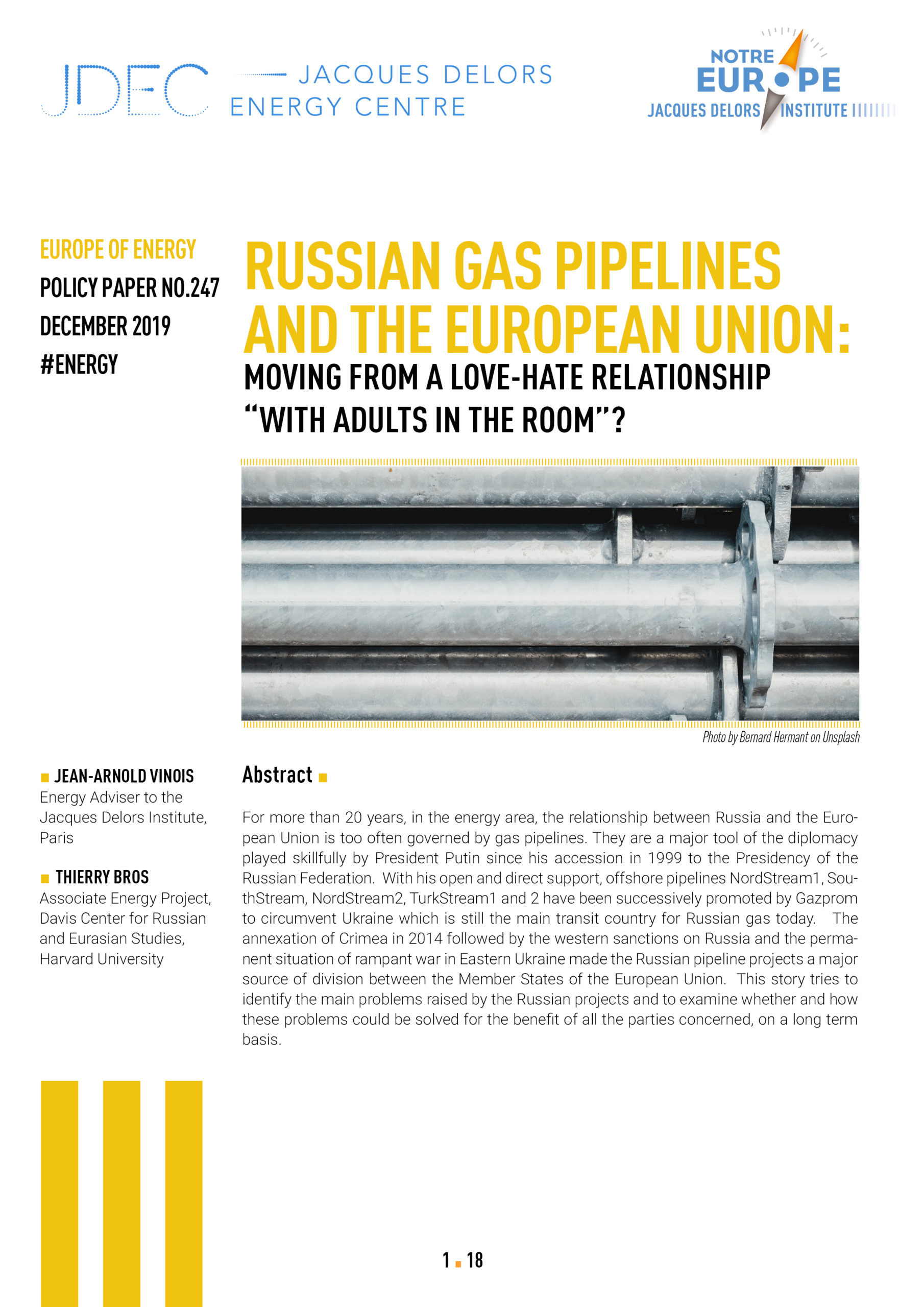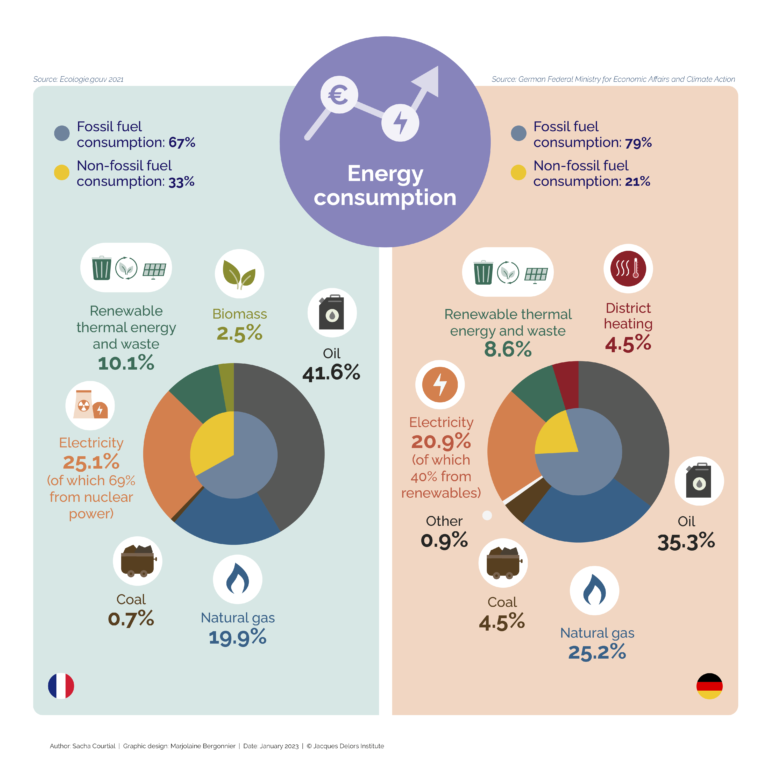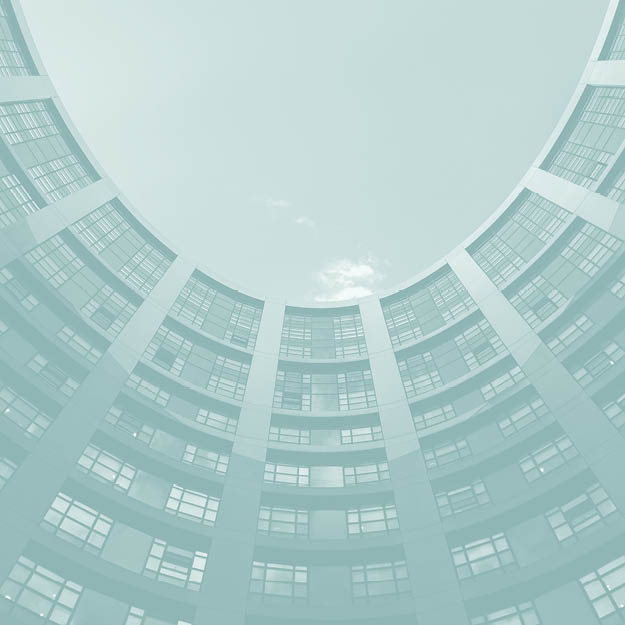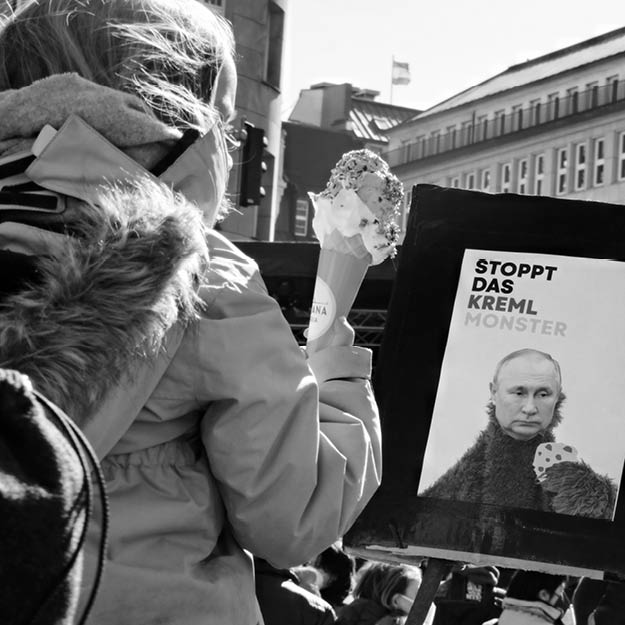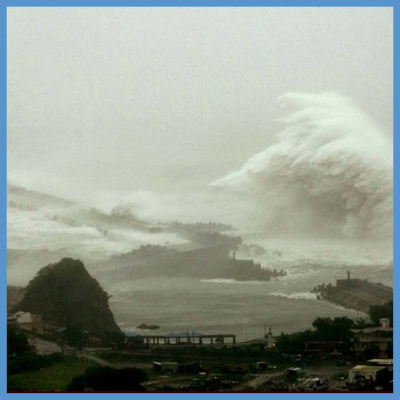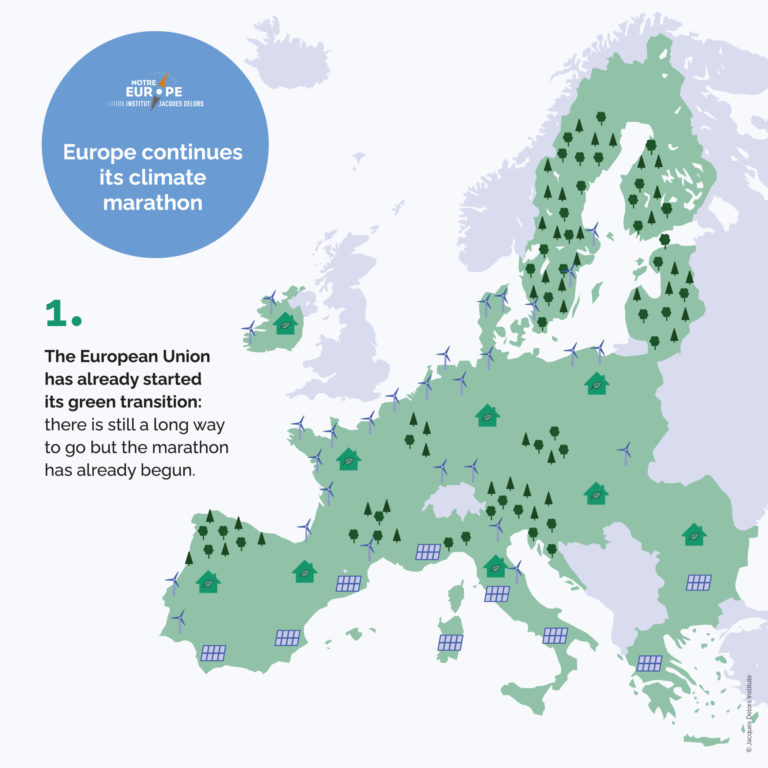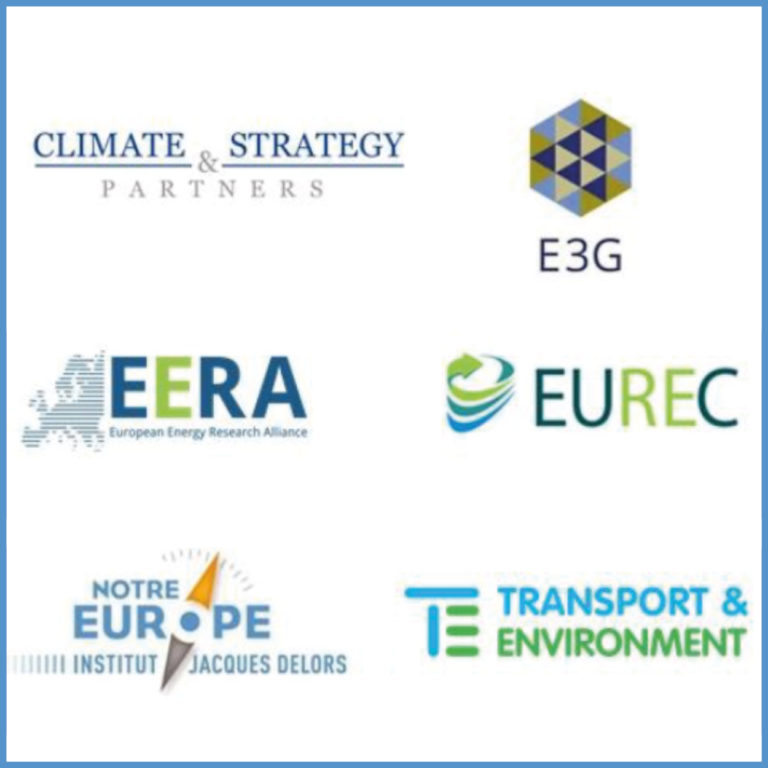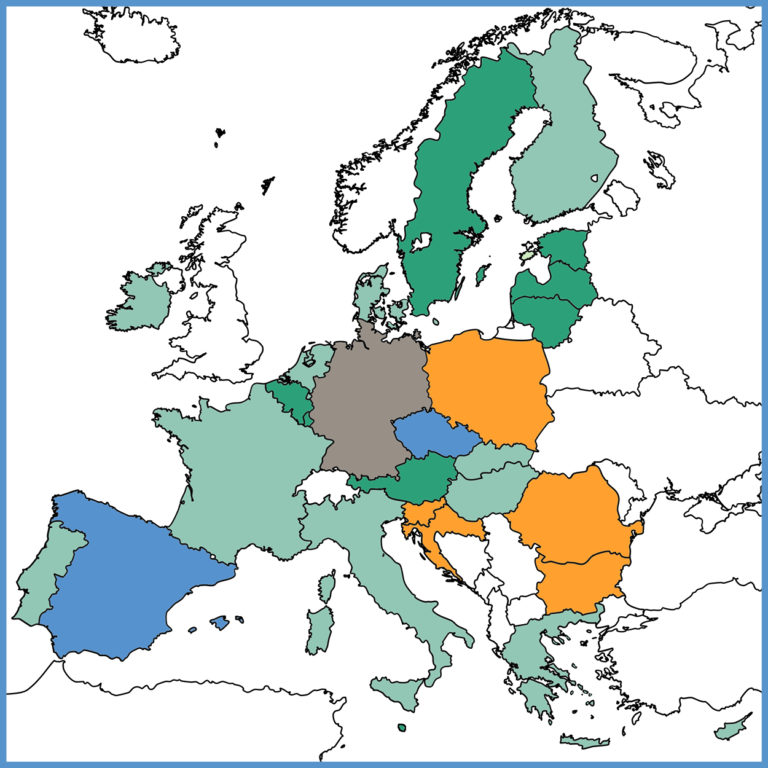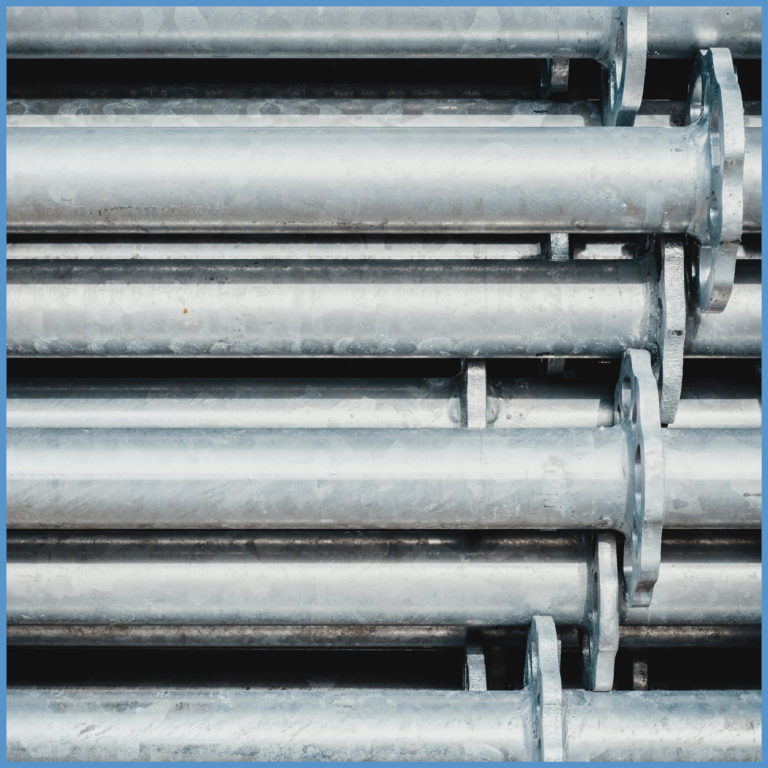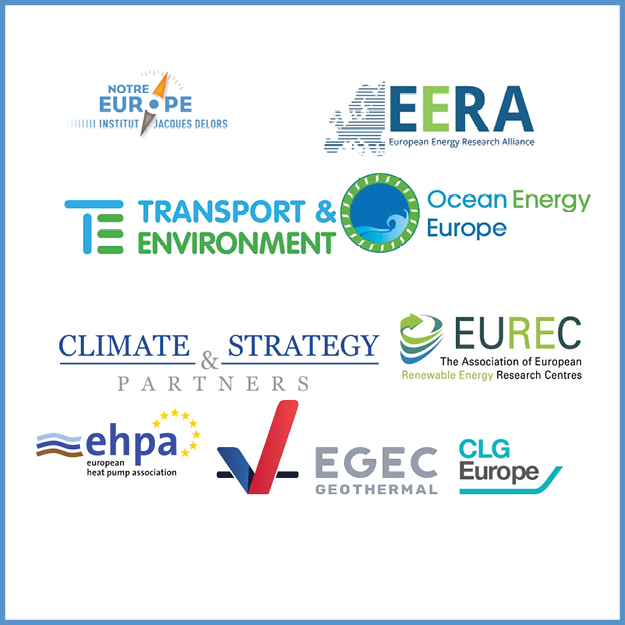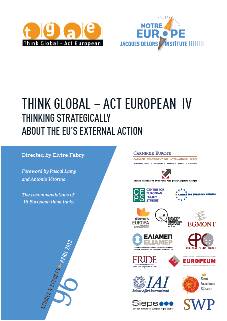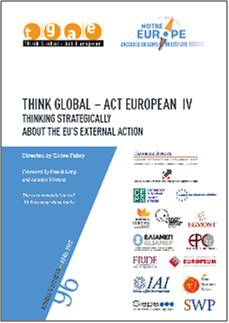Blog post 247
Russian gas pipelines and the EU: moving from a love-hate relationship “with adults in the room”?
A policy paper, by
Jean-Arnold Vinois, Energy Adviser to the Jacques Delors Institute, Paris,
and Thierry Bros, Associate Energy Project, Davis Center for Russian and Eurasian Studies, Harvard University.
For more than 20 years, in the energy area, the relationship between Russia and the European Union is too often governed by gas pipelines. They are a major tool of the diplomacy played skillfully by President Putin since his accession in 1999 to the Presidency of the Russian Federation. With his open and direct support, offshore pipelines NordStream1, SouthStream, NordStream2, TurkStream1 and 2 have been successively promoted by Gazprom to circumvent Ukraine which is still the main transit country for Russian gas today. The annexation of Crimea in 2014 followed by the western sanctions on Russia and the permanent situation of rampant war in Eastern Ukraine made the Russian pipeline projects a major source of division between the Member States of the European Union. This story tries to identify the main problems raised by the Russian projects and to examine whether and how these problems could be solved for the benefit of all the parties concerned, on a long term basis.
SUR LE MÊME THÈME
ON THE SAME THEME
PUBLICATIONS
Fleshing out energy community legislation in EU Member states for a fair energy transition

Municipalities: with great power come green responsibilities?

The EU framework on energy communities

The multiple benefits of energy efficiency

A comparative analysis of the regulatory framework in Sun4All pilot cities

Germany — France
Differences and similarities

Regional perspectives on energy citizenship and citizen participation in the energy transition

The European Political Community

Stop feeding the bear

What do we mean when we talk about energy citizenship?

[EN] Setting the scene for a critical exploration of the roles of citizens in the European energy transition

Science and Innovation as the way out of the crisis

Europe continues its climate marathon

Jacques Delors Institute supports letters to EC Vice Presidents

L’Europe sans charbon

What is the scope of the EU external Competence
in the field of energy today?

To help fight climate change, we support increasing the Horizon Europe research and innovation budget

Clean Mobility: The European Way – A Comprehensive Approach to Electric Vehicles in the Energy Transition
A new chapter in EU-Algeria energy relations

Think Global – Act European IV. Thinking Strategically about the EU’s External Action
Think Global – Act European IV – Thinking Strategically about the EU’s External Action

European solidarity : where do we stand? Should we foster it and how?

MÉDIAS
MEDIAS
Une loi spéciale en attendant un budget : les conséquences pour l’écologie

AUX ARMES, CITOYENS

À Chișinău, la grande bascule énergétique










